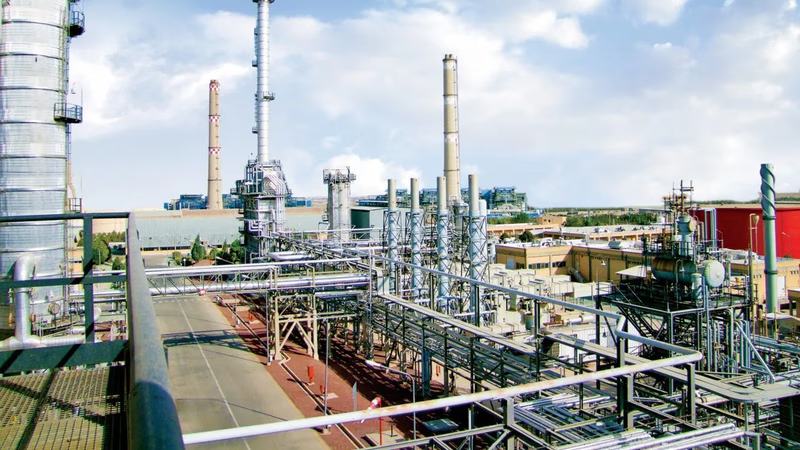
How do B2B marketplaces enhance chemical trade in the Middle East?
The Middle East is a thriving hub for chemical trade due to its abundant resources, strategic location, and advanced industrial infrastructure. The region is particularly prominent in the production and trade of sulfuric acid, phosphoric acid, ammonia, and industrial gases like oxygen, chlorine, and nitrogen. Sulfuric acid, used in fertilizers and industrial processes, is a key export product in the Middle East, supported by verified exporters and importers leveraging regional platforms for effective trade operations. The market insights provided by platforms like Aritral enable buyers to connect directly with manufacturers and suppliers. Phosphoric acid is equally significant, especially in agricultural applications, with Southwest Asia witnessing growing demand for fertilizers and pesticides that utilize this compound. Oxygen and chlorine play vital roles in medical, industrial, and oil and gas sectors in the Middle East. Chlorine is widely integrated into chlor-alkali and ethylene dichloride units, essential for petrochemical production. Verified marketplaces facilitate the trade of these gases, ensuring smooth supply chain operations.
Nitrogen, another industrial gas, is heavily traded in Arab nations and the Persian Gulf, driven by its importance in agriculture and industrial manufacturing. The detergent and hygiene market in Asia and the Middle East is booming, with steady import and export of soaps, cosmetics, and cleaning agents. Ammonia, a critical chemical for fertilizers, sees robust demand across Middle Eastern markets, with the region’s largest producers utilizing integrated trade platforms for global outreach. Verified suppliers and buyers of fertilizers and pesticides continue to support agricultural growth in West Asia. Aritral, an AI-driven B2B platform, streamlines commodity trade in these sectors, offering services like product listings, direct communication, and market insights. These tools empower businesses to navigate regional dynamics effectively and take advantage of Middle Eastern chemical industry trends.
-
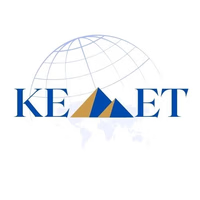 Kemet Export-Import 1 months ago
Kemet Export-Import 1 months ago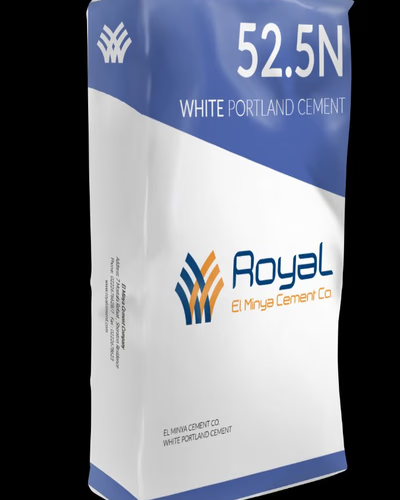 Egypt
Building Materials
Egypt
Building Materials
Kemet Import & Export owns its own factory in Egypt and is an exclusive agent for major cement and iron and steel factoriesDetails
-
 Mohammad 1 months ago
Mohammad 1 months ago Yemen
Meteorite
Yemen
Meteorite
It was obtained on 2/1/2025. The meteorite has been confirmed to have a strong attraction with a magnet and is very heavy.Details
-
 Shahmohamadi 4 months ago
Shahmohamadi 4 months ago Iran
Propylene
Iran
Propylene
Hello, \nWe need below products, please check and send us your offer if you can supply them:\n1. Propylene, CAS NO.115-07-1,\n2. Ethylene, CAS NO.74-8...Details
-
 Mehran Moheni 1 months ago
Mehran Moheni 1 months ago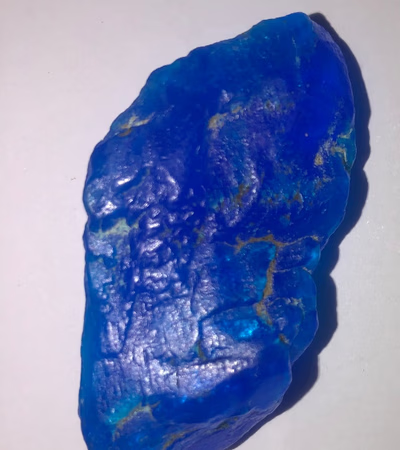 Egypt
Precious Stones
Egypt
Precious Stones
Precious stones have more energyDetails
-
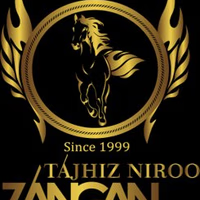 Tnzoil Company 2 months ago
Tnzoil Company 2 months ago Iran
Types of Motor Oil, Industrial Oil, and Base Oil
Iran
Types of Motor Oil, Industrial Oil, and Base Oil
TNZ Company is a manufacturer and exporter of various types of motor oils and industrial lubricant products, as well as various types of base oils. M...Details
-
 Adam Ibrahim Al-Fajria Khalil 1 months ago
Adam Ibrahim Al-Fajria Khalil 1 months ago Sudan
Liquid Nitrogen
Sudan
Liquid Nitrogen
Cold Liquid NitrogenDetails
-
 Haider 5 months ago
Haider 5 months ago Saudi Arabia
Haider Traders
Saudi Arabia
Haider Traders
Trading for dates and otherDetails
-
 Hussein 1 months ago
Hussein 1 months ago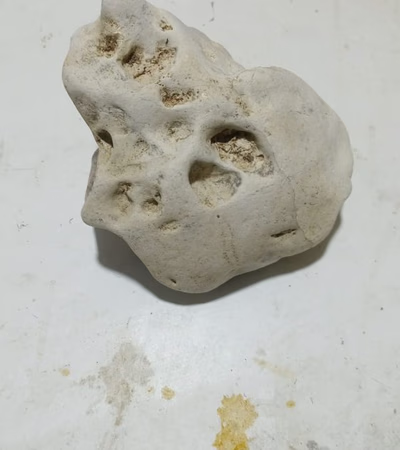 Iraq
Meteor
Iraq
Meteor
MeteorDetails
-
 Hassas Plastik San Ve Tic. A.S. Bursa Turkey 1 months ago
Hassas Plastik San Ve Tic. A.S. Bursa Turkey 1 months ago Turkey
ABS ER400, ABS MATT
Turkey
ABS ER400, ABS MATT
We are acquiring ABS ER400 - ABS super matte raw material.Details
-

 Iraq
Sulfuric Acid H2SO4
Iraq
Sulfuric Acid H2SO4
Concentrated H2SO4\nConcentration 97% and aboveDetails
-
 Atika 1 months ago
Atika 1 months ago United Arab Emirates
Sulfuric Acid
United Arab Emirates
Sulfuric Acid
Sulfuric AcidDetails
-

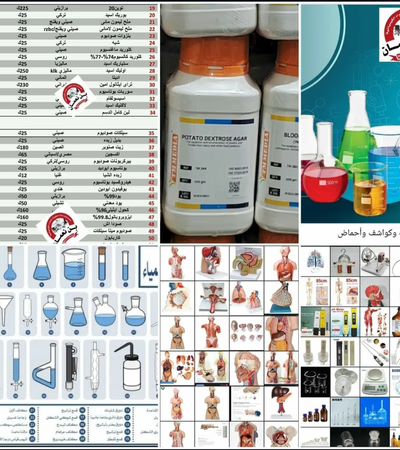 Yemen
Ben Naaman Lamasalizamat Almuamalat Altaalimiyya WalSina'iyya BiAjhizatiha Wamawadiha Alkimiyaiyya
Yemen
Ben Naaman Lamasalizamat Almuamalat Altaalimiyya WalSina'iyya BiAjhizatiha Wamawadiha Alkimiyaiyya
#Everyone has everything related to laboratories: ✅Models in all shapes ✅Tools and experimental devices ✅#Educational_Toys ✅#Glassware ✅#Chemicals ✅#P...Details
-
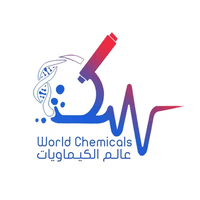 Aalam Alkimawiyat 8 months ago
Aalam Alkimawiyat 8 months ago Yemen
Aalam Alkimawiyat
Yemen
Aalam Alkimawiyat
Aalam Alkimawiyat for medical and laboratory supplies in Sana'a, Yemen offers you a wide range of high-quality chemical and medical products to meet y...Details
-
Ammonia Trade Dynamics in the Middle East and West Asia
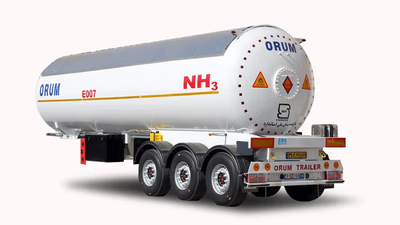
Ammonia, a cornerstone of the global chemical industry, holds a pivotal role in West Asia"s trade markets, particularly the Middle East. With its chemical formula NH3, ammonia is essential in producing fertilizers, industrial cleaning agents, and refrigeration systems. The Southwest Asia ammonia market has witnessed steady growth, fueled by increasing agricultural demand and the region"s strategic position in global trade. Middle Eastern countries, rich in natural gas—a primary feedstock for ammonia production—have emerged as leading exporters, ensuring a consistent supply to agricultural and industrial sectors worldwide. As a commodity, ammonia"s trade dynamics in the Middle East are driven by its applications in fertilizers and pesticides, critical for regional and global food security. Verified exporters and importers leverage platforms like B2B marketplaces to streamline ammonia transactions. Such platforms enhance supply chain solutions by connecting buyers and sellers, offering market insights, and ensuring transparency. Regional product listings for ammonia are bolstered by the Middle East’s vast petrochemical resources, which also feed parallel markets in sulfuric acid, phosphoric acid, chlorine, and nitrogen.
Sulfuric acid and phosphoric acid, essential in fertilizer production, complement ammonia"s market positioning. Meanwhile, industrial gases like oxygen, nitrogen, and chlorine—integral to the Middle East"s oil and gas sectors—further demonstrate how interconnected chemical trade is across West Asia. The trade of detergents and hygiene products also benefits from ammonia derivatives, showcasing its versatility in consumer industries. Aritral, an AI-driven B2B platform, facilitates ammonia trade by simplifying international transactions, ensuring verified profiles, and delivering tailored market insights. It bridges global supply chains with features like AI-powered marketing and direct buyer-seller communication, positioning itself as a vital tool for commodity traders in the Middle East. "
-
Chlorine Trade in West Asia: Market Dynamics and Applications
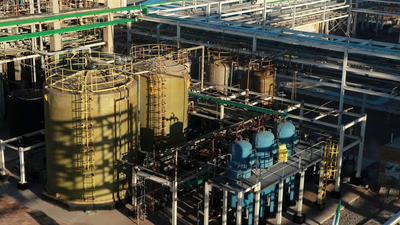
Chlorine, a vital chemical element, plays a pivotal role in various industrial applications and commodities trade across West Asia and the Middle East. As part of the chlor-alkali production chain, chlorine is essential in manufacturing products such as detergents, fertilizers, pesticides, and industrial chemicals, supporting key sectors like agriculture, healthcare, and petrochemicals. The Middle East’s abundant oil and gas reserves fuel chlorine production via ethylene dichloride units, creating robust trade opportunities for regional exporters and importers. The chlorine market in Persian Gulf countries benefits from growing infrastructure, which includes verified exporters and importers facilitated by platforms like Aritral. Such platforms enhance supply chain solutions by offering regional product listings, connecting buyers and sellers, and providing market insights. Chlorine, available in gas, liquid, or solid forms, is traded extensively for its applications, including water purification, disinfection, and synthesis of chemical intermediates. Its diverse uses make it a high-demand commodity in Southwest Asia. In synergy with other chemicals like sulfuric acid, phosphoric acid, nitrogen, and ammonia, chlorine supports the manufacturing of detergents, fertilizers, and pesticides.
Verified suppliers and buyers leverage business networking platforms to bridge global supply chains for agricultural and industrial needs. Additionally, the trade advertising platform enables businesses to explore opportunities, optimize pricing, and meet compliance standards in cross-border transactions. With rising imports and exports, the Middle East chlorine market sees competitive pricing influenced by large-scale production units and dynamic trade dynamics. Chlorine’s role in the regional economy is complemented by other commodities vital to industrial and agricultural growth. Aritral simplifies international trade processes by providing AI-powered tools for product listing and marketing, ensuring seamless business operations in the chlorine sector and beyond.
-
Exploring the Detergent Trade in West Asia and the Middle East

The detergent market in West Asia and the Middle East is witnessing significant growth, driven by increasing demand for household cleaning products and hygiene solutions. The trade of soap, detergents, washing liquids, and products for dishwashing and clothing care forms a pivotal part of the region"s commodity trade. Leading regional B2B marketplaces and trade platforms are focusing on connecting verified exporters and importers within this sector, fostering efficient supply chain solutions. Key raw materials such as sulfuric acid, phosphoric acid, and ammonia play an integral role in detergent manufacturing. Sulfuric acid, widely used in cleaning agents, is a cornerstone of the Middle Eastern chemicals market, where manufacturers and exporters actively trade this commodity. Similarly, phosphoric acid, essential for producing detergents and fertilizers, is frequently traded in Southwest Asia. Verified buyers and sellers in the region leverage platforms that provide market insights and connect stakeholders to optimize trade volumes. Moreover, the rise of industrial oxygen and nitrogen gas markets in the Middle East underscores broader chemical trade dynamics.
Industrial oxygen facilitates manufacturing processes, while nitrogen gas finds applications in cleaning products, making both critical to the regional supply chain. The export of cosmetic products from Asia complements the detergent trade, highlighting opportunities for businesses to diversify their portfolios. Regulatory compliance, including adherence to international standards (e. g. , HS codes 340111, 340120, 340211), is essential for businesses aiming to scale internationally. Platforms like Aritral enhance this ecosystem by offering product listings, AI-powered marketing, and verified trader profiles. By streamlining communication and providing actionable insights into commodity markets, such platforms empower businesses to thrive in the Asian detergent and hygiene market. "
-
Fertilizers and Pesticides Trade Dynamics in the Middle East
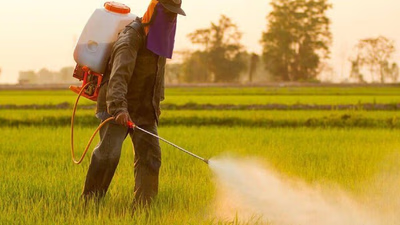
Fertilizers and pesticides play a pivotal role in the agricultural supply chain, especially in the Middle East and West Asia where trade in agricultural chemicals is a growing industry. With the increasing demand for sulfuric acid, phosphoric acid, ammonia, nitrogen, and chlorine in fertilizer and pesticide production, these substances are shaping regional and global trade dynamics. West Asia, in particular, is a key player in the export and import of these chemicals, driven by its strategic location and robust commodity trade platforms. Sulfuric acid, widely used in phosphate fertilizer production, sees significant trade activity in the Middle East through verified exporters and importers. Similarly, phosphoric acid and ammonia are critical to the fertilizer sector, with Southwest Asia showing sustained demand. Ammonia is not only vital in fertilizer production but also plays a crucial role in driving regional supply chains. Oxygen and chlorine, though primarily known for industrial and medical applications, have increasing relevance in agricultural chemical processes. The West Asian nitrogen gas market is also expanding, aiding in the synthesis of key fertilizers.
Meanwhile, the detergent market, closely tied to agricultural chemicals like phosphates, is shaping regional economies and supply chains. Platforms like Aritral enable businesses to connect with verified suppliers, buyers, and manufacturers to explore market opportunities for fertilizers, pesticides, and other agricultural chemicals. Through AI-driven product listings, trade advertising, and market insights, such platforms streamline the process of bridging global supply chains for agricultural needs across West Asia and the Middle East.
-
Nitrogen Trade Dynamics in West Asia and Middle East Markets
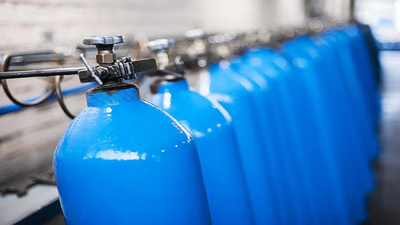
Nitrogen, a critical industrial and agricultural commodity, plays an essential role in the Middle East and West Asia’s trade dynamics. As the backbone for fertilizers, pesticides, and industrial chemicals, nitrogen is integral to the region’s agricultural and manufacturing sectors. Industrial nitrogen, a chemically inert gas, is widely used in applications such as food preservation, electronics manufacturing, and medical technologies. Its versatility makes it a key player in supply chains across West Asia. The import-export trade of nitrogen gas has witnessed steady growth, driven by the demand for agrochemicals, including ammonia and phosphoric acid derivatives used in fertilizers. The Middle East nitrogen market is shaped by its integration into regional supply chains, with verified exporters and importers connecting through platforms like Aritral. These B2B marketplaces offer regional product listings and market insights, enabling efficient trade and logistics management. The commodity trade in West Asia also highlights sulfuric acid and chlorine as vital chemicals alongside nitrogen.
Sulfuric acid plays a critical role in fertilizer production, while chlorine is essential for water treatment and various industrial applications. Both chemicals, alongside nitrogen, are reshaping the trade landscape by meeting the growing demands of agriculture and industrial sectors. Market trends indicate that nitrogen’s demand will continue to rise, particularly in Persian Gulf nations, where agricultural productivity is heavily reliant on fertilizers and pesticides. Verified platforms offering supply chain solutions and regional networking are instrumental in facilitating this growth. Aritral, as an AI-driven trade facilitator, streamlines commodity exchanges, providing transparency and efficiency in nitrogen and related chemical trades.
-
Oxygen Trade Dynamics in Middle East & West Asia
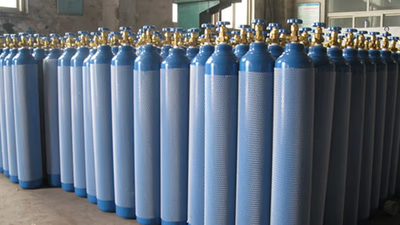
Oxygen, a vital commodity in both medical and industrial contexts, plays a significant role in the Middle East"s expanding trade network. As the region increasingly focuses on diversifying its economies, the medical and industrial oxygen gas marketplace has seen substantial growth. Industrial oxygen gas, primarily used in steel manufacturing, chemical oxidation, and wastewater treatment, is essential for infrastructure development, making it a key input in West Asia’s industrial supply chains. The Middle East also serves as a hub for the medical oxygen market, driven by rising healthcare demand and pandemic preparedness. In commodity trade, verified exporters and importers on B2B marketplaces across West Asia and the Middle East have streamlined oxygen gas transactions, ensuring quality standards and reliable supply chains. Platforms like Aritral enable regional product listings and trade advertising, connecting suppliers with buyers efficiently. Market insights reveal that the region"s commitment to industrialization and healthcare expansion underpins oxygen"s growing demand. Complementing the oxygen market are other chemicals like sulfuric acid, phosphoric acid, ammonia, chlorine, nitrogen, and their applications in fertilizers, detergents, and pesticides.
Sulfuric acid, for instance, is pivotal in fertilizer production, while ammonia plays a significant role in agricultural and industrial applications. These chemicals collectively shape the commodity trade landscape and enhance supply chain solutions in the Middle East. As countries in West Asia invest in infrastructure and agriculture, oxygen, along with these chemicals, is crucial for sustainable growth. The cross-border nature of these trades highlights the importance of robust B2B platforms, such as Aritral, to address challenges like verification, market access, and logistics. By fostering business networking and providing regional product listings, these platforms ensure seamless integration into global supply chains. "
-
Phosphoric Acid Trade Insights in West Asia and Middle East

Phosphoric acid, an essential chemical compound, plays a pivotal role in industrial applications such as fertilizers, detergents, and pesticides. The Middle East and West Asia have emerged as critical hubs in the global trade of phosphoric acid, driven by their strategic location and robust supply chains. Phosphoric acid production is closely tied to sulfuric acid and ammonia, which are integral to the manufacturing process and regional chemical markets. The commodity trade in the Middle East benefits from verified exporters and importers on B2B marketplaces that streamline transactions and foster business networking. Phosphoric acid is primarily used in agriculture, where it serves as a key ingredient in fertilizers. The growing focus on food security in West Asia and the Middle East has heightened the demand for agricultural chemicals, including phosphoric acid, ammonia, and sulfuric acid. In addition to agriculture, phosphoric acid is extensively applied in detergents, contributing to hygiene markets in Asia and the Middle East. Trade platforms such as Aritral simplify commodity transactions by offering supply chain solutions, verified listings, and market insights.
The integration of AI-powered tools assists businesses in navigating market trends and connecting with trusted exporters and importers across Southwest Asia. The phosphoric acid market in West Asia is impacted by regional dynamics, including import-export regulations and the availability of raw materials like sulfuric acid. Manufacturers in West Asia leverage their proximity to natural resources and established logistics networks to maintain a competitive edge in the global market. As demand grows for agricultural and industrial chemicals, B2B marketplaces are facilitating trade advertising and fostering collaborations among key stakeholders in the chemical sector.
-
Sulfuric Acid Trade in the Middle East and West Asia
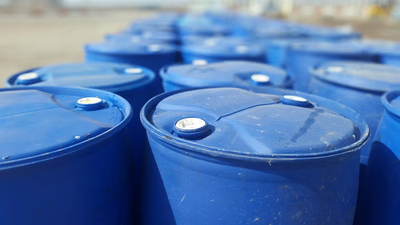
Sulfuric acid is a cornerstone of the global chemicals industry, influencing a broad spectrum of sectors such as fertilizers, detergents, and industrial processing. In the Middle East and West Asia, the sulfuric acid market has grown significantly due to its extensive applications in agriculture and manufacturing. The region is a major producer and exporter, leveraging its proximity to raw materials like sulfur, as well as robust supply chains driven by B2B platforms and trade networks. Sulfuric acid plays a critical role in the production of fertilizers, particularly phosphoric acid-based fertilizers, which are vital for the agricultural needs of West Asia. Verified exporters and importers in the region rely on Middle Eastern trade platforms to ensure seamless transactions and efficient supply chain solutions. Additionally, trade advertising platforms and regional product listings facilitate transparency and market insights, enabling businesses to navigate the commodity trade landscape effectively. Other key chemicals such as chlorine, nitrogen, ammonia, and oxygen are essential to Middle Eastern industries, with chlorine and nitrogen holding significant value in industrial and agricultural processes. For instance, ammonia’s role in fertilizer production and chlorine’s use in water treatment exemplify how these chemicals shape commodity trade dynamics in the Persian Gulf.
The detergent market also benefits substantially from sulfuric acid, with its applications in surfactant production driving growth in the hygiene market of West Asia. B2B marketplaces in Asia are instrumental in connecting buyers and sellers, fostering business networking, and bridging global supply chains for agricultural and industrial needs. Aritral, an AI-driven B2B platform, simplifies international trade in commodities like sulfuric acid by offering product listings, direct communication tools, and AI-powered marketing solutions. This innovation promotes a seamless trading experience and supports the growing demand for chemicals in the region.
-
Chemical Trade in the Middle East
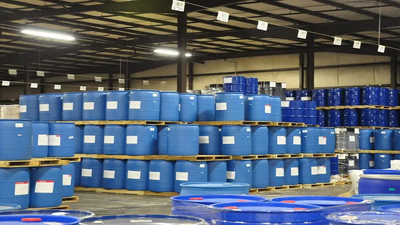
The Middle East is a pivotal player in the global chemical trade, driven by its extensive petrochemical production capabilities. Major exporters like Saudi Arabia, Qatar, and the UAE supply a variety of chemicals, including ammonia, sulfuric acid, and chlorine, to markets in Asia-Pacific, Europe, North America, and Africa. The region"s strategic location enhances logistical advantages, facilitating access to significant shipping routes. There is a growing focus on developing downstream industries, such as plastic conversion and polymer processing, aimed at adding value to the chemical supply chain. International investments and joint ventures have led to the establishment of large-scale chemical complexes, promoting local economic growth. Compliance with stringent regulations regarding product quality and safety is crucial for successful chemical trade. Despite a decline in market value due to regulatory restrictions, the chemical market is projected to recover, with an expected growth of 1.8% by 2024. The Middle East imports a variety of chemicals, including specialty chemicals and fertilizers, primarily from countries like China, India, Germany, and Turkey.
Bilateral and regional trade agreements, particularly among Gulf Cooperation Council (GCC) countries, are enhancing trade facilitation. The chemical trade landscape in the Middle East is characterized by a blend of local production and international sourcing, making it a dynamic and profitable sector."
-
Laboratory chemicals and laboratory nanomaterials
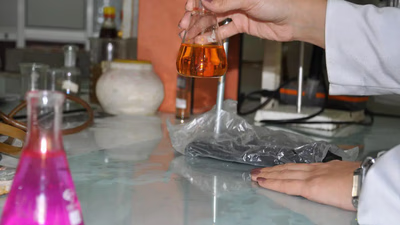
Laboratory chemicals and nanomaterials are essential in scientific research, providing the necessary substances for experimentation and analysis. Laboratory chemicals, including acids, bases, solvents, reagents, and organic and inorganic compounds, are crucial for various laboratory procedures. They are chosen for their purity and compatibility with specific applications. Laboratory nanomaterials, which are synthesized at the nanoscale, exhibit unique properties that enhance their utility across multiple scientific disciplines. These materials are increasingly important in sectors like electronics, medicine, and environmental science. The market for nanomaterials is expected to grow significantly, driven by innovations in nanochemistry and applications in diverse fields. Key applications include the development of nanoparticles, nanocomposites, quantum dots, and nanosensors, each serving specialized functions in technology and healthcare. The synthesis of these materials involves advanced techniques, and their handling requires stringent safety protocols due to potential health and environmental risks. As the demand for laboratory chemicals and nanomaterials rises, understanding their properties and applications becomes critical for industries and research institutions in the Middle East and beyond.
-
Types of Chemicals
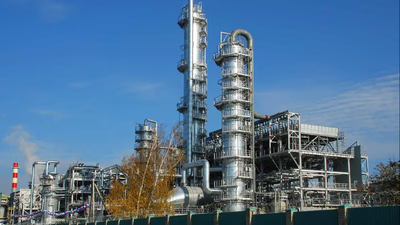
Chemicals are categorized based on various characteristics, including molecular composition, functional properties, supply chain position, and physical states. They can be classified into organic and inorganic chemicals, with organic chemicals containing carbon atoms and being associated with living organisms. Inorganic chemicals, on the other hand, include metals, minerals, acids, and bases. Additionally, chemicals are grouped by their roles in industries, such as solvents, surfactants, and catalysts. The supply chain classification includes raw materials, intermediates, and finished products. Specialty chemicals, which are high-value and customized, play crucial roles in sectors like electronics and healthcare. Agricultural chemicals, including fertilizers and pesticides, enhance crop yield and protect against pests. Pharmaceutical chemicals are essential for drug production, while basic chemicals serve as foundational materials in various industries.
Understanding these classifications aids in grasping market dynamics and the specialized applications of chemicals, which are also assessed for potential hazards to human health and the environment. This comprehensive categorization is vital for businesses engaged in import-export activities, particularly in the Middle East and West Asia, where trade platforms facilitate B2B interactions among verified exporters and importers.
-
Synthetic Chemical Compounds
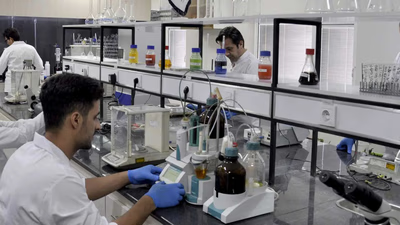
Synthetic chemical compounds have significantly impacted various industries, from pharmaceuticals to agriculture. Their development has enabled the creation of essential products such as antibiotics, polymers, and agrochemicals. In the pharmaceutical sector, synthetic compounds are crucial for producing drugs that treat diseases, including antibiotics and pain relievers. In agriculture, these compounds enhance crop yields and protect plants through pesticides and fertilizers. The textile industry benefits from synthetic dyes and pigments, which provide color to various materials. Surfactants, another category of synthetic compounds, are vital in detergents and personal care products, improving their effectiveness. Additionally, industrial chemicals, including sulfuric acid and solvents, play a key role in manufacturing processes. The versatility of synthetic compounds extends to food preservation, allowing for the creation of flavorful and long-lasting food products. Overall, the synthesis of chemical compounds has revolutionized multiple sectors, offering innovative solutions and enhancing product quality.
-
Food and Pharmaceutical Chemicals
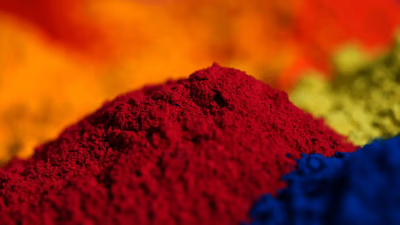
Food and pharmaceutical chemicals are essential for ensuring safety, quality, and efficacy in their respective industries. These chemicals are regulated by bodies like the FDA and EMA to protect consumer health. In food production, additives such as preservatives, antioxidants, and flavor enhancers play a vital role in enhancing flavor, texture, and shelf life. Similarly, in pharmaceuticals, active pharmaceutical ingredients (APIs) are crucial for therapeutic effects, while excipients aid in drug delivery and stability. The use of solvents is also significant in drug manufacturing. Food preservatives inhibit microbial growth and extend shelf life, while processing aids improve efficiency and safety. Additionally, packaging materials made from various chemicals protect food products from contamination and degradation. The development of these chemicals has advanced the pharmaceutical industry, enabling the production of a wide range of drugs. Overall, food and pharmaceutical chemicals are integral to public health, enhancing both food safety and drug efficacy.
-
Types of Natural Chemicals
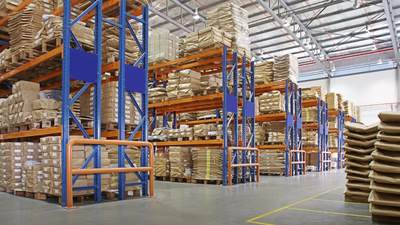
Natural chemical compounds exist in solid, liquid, and gaseous forms, comprising individual elements or complex molecules. Gases like oxygen and nitrogen are prevalent in the atmosphere, while water, a crucial liquid, exhibits unique properties affecting Earth"s geology and biology. Alkaloids, terpenes, flavonoids, and phenolic compounds represent diverse organic chemicals found in plants, each with significant biological activities and applications in pharmaceuticals, essential oils, and food products. Essential oils, proteins, and enzymes play vital roles in various industries, including food processing and medicine. Antibiotics, produced by microorganisms, are essential for treating infections. Minerals, essential for biological processes, are found in rocks and soil. Understanding these natural chemicals is crucial for industries such as agriculture, pharmaceuticals, and environmental science, highlighting their importance in trade and supply chain solutions across the Middle East and West Asia."
-
Chemical industry
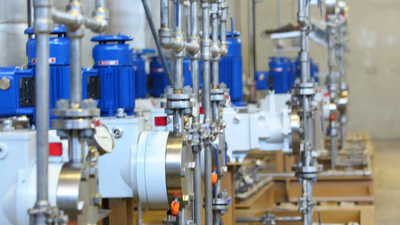
The chemical industry is a critical sector that encompasses the production, manufacturing, and distribution of a wide range of chemicals and chemical products. It supports various industries, including agriculture, healthcare, construction, and automotive, by providing essential materials and intermediates. Key components include industrial acids like sulfuric and hydrochloric acids, alkalies such as sodium hydroxide, and solvents like acetone and ethanol. The industry also produces surfactants, polymers, and specialty chemicals, which are vital for numerous applications. Moreover, the sector is focused on innovation and sustainability, investing in research and development to create eco-friendly alternatives and improve manufacturing processes. The production stages involve raw material sourcing, chemical synthesis, quality control, and distribution, ensuring compliance with safety and regulatory standards. Overall, the chemical industry plays a foundational role in modern economies, driving advancements and supporting a diverse range of applications across multiple sectors.
-
What are chemicals?
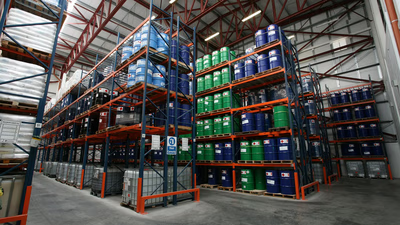
Chemicals are substances with distinct molecular compositions, existing in solid, liquid, gas, or plasma states. They are crucial in various industries, including manufacturing, agriculture, healthcare, and construction. Chemicals serve as raw materials for products like pharmaceuticals, plastics, and textiles, and are essential for agricultural practices as fertilizers and pesticides. The demand for chemicals is driven by economic growth, population increases, and technological advancements. Global trade in chemicals is influenced by international agreements, market competition, and regulatory compliance. Sustainable practices are gaining traction, focusing on reducing environmental impacts through the development of green chemicals. The chemicals market is also affected by price fluctuations and innovations in technology. Understanding the diverse categories of chemicals, such as organic and inorganic, is vital for industries reliant on these substances. While many chemicals are beneficial, some can be hazardous if not handled properly, emphasizing the need for adherence to safety guidelines.






























